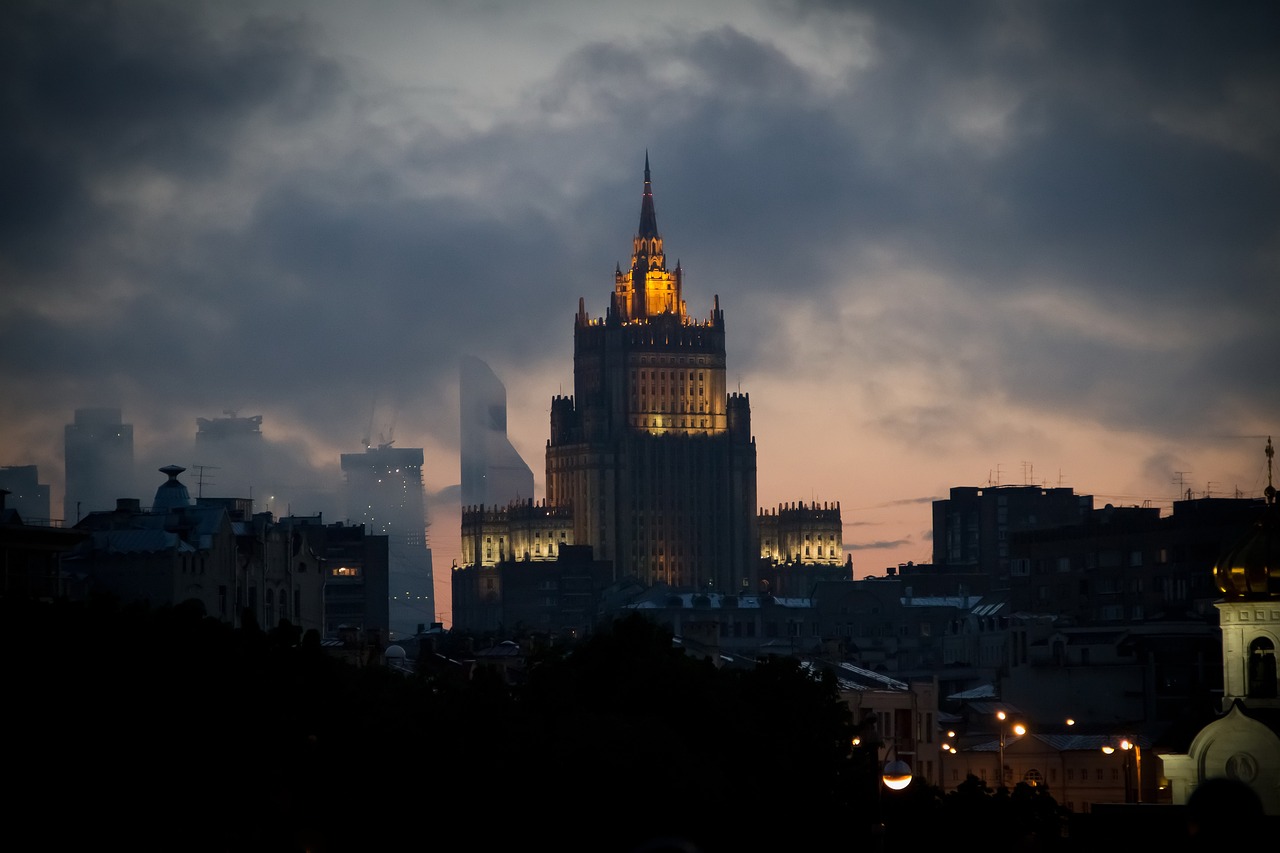
As the geopolitical landscape continues to shift and tensions simmer on the global stage, one question looms large: Will Russia ever return to normal relations with the West? Over the past decade, Russia’s actions and behaviour have raised serious concerns among Western nations, prompting heated debates on the future of diplomatic engagement. With a legacy of historical rivalry and ideological differences, the path to normalisation appears elusive, if not uncertain.
Russia’s annexation of Crimea in 2014 and its subsequent 2022 invasion of Ukraine sparked one of the most significant crisis in European security since the Cold War. The West’s response has been swift and severe, with economic sanctions crippling Russia’s economy and further isolating the nation on the international stage. The Armed Forces of Ukraine rely on Western arms, ammunition, and aid, as well as training programs at home and abroad, to enable the highly-motivated troops to stand a chance on the battlefield. The Russian state quite rightly feels as if it is fighting a war against most of the civilised world, as a vast global coalition teeters on the very fragile cliff-edge of proxy war and world war.
The collapse of the Soviet Union was supposed to usher in a new era of cooperation and partnership between Russia and the West. However, as the years passed, mistrust and suspicion resurfaced, casting a shadow over the prospect of lasting amity. From allegations of election interference to suspicions of cyber espionage and disinformation campaigns, the list of grievances seemed endless, further complicating the path to reconciliation.
Despite these challenges, some argue that dialogue and engagement remain essential to finding common ground. Critics of the confrontational approach believe that pursuing normal relations with Russia is not an endorsement of its actions but rather a pragmatic acknowledgment of geopolitical realities. Engaging in constructive dialogue, they argue, offers the best chance to address shared concerns and prevent potential conflicts from escalating.
However, for the proponents of a tougher stance, Russia’s track record of aggression and disregard for international norms is reason enough to adopt a more assertive approach. They stress the need for steadfastness in defending democratic values and the sovereignty of nations. As Russia flexes its military muscles and employs hybrid tactics to exert influence beyond its borders, many Western leaders see little room for complacency.
Moreover, the challenges posed by Russia’s global ambitions extend far beyond Europe’s borders. Moscow’s alliances with other actors on the international stage, such as China and Iran, have also added layers of complexity to the West’s approach. These alliances have raised concerns about the potential for a strategic realignment that could reshape the geopolitical landscape further.
To consider the prospects for normalising relations with Russia, one must also examine its domestic dynamics. President Vladimir Putin’s leadership, characterised by centralization of power and crackdowns on dissent, raises questions about the compatibility of Russia’s political system with Western values. The Kremlin’s tight control over the media and suppression of political opposition have fueled concerns about the state of democracy and human rights in Russia.
As Russia and the West grapple with these challenges, the future of their relations remains uncertain. The road to normalisation will undoubtedly be fraught with obstacles and complexities. Addressing the core issues of contention, while acknowledging the divergent interests and values, will require a delicate balancing act.
Ultimately, the question of whether Russia will ever return to normal relations with the West hinges on the willingness of both sides to engage in constructive dialogue and find common ground. While the road ahead may be long and arduous, the pursuit of peace and stability demands nothing less than a committed effort to build bridges and seek avenues of cooperation.
In conclusion, the question of Russia’s return to normal relations with the West is one that continues to occupy the minds of policymakers and analysts alike. The past decade has witnessed a deterioration in relations, punctuated by crises and disagreements. As the geopolitical landscape evolves, finding a path to normalisation will require a combination of firmness and diplomacy, guided by the shared goal of preserving peace and security on the global stage. Only time will tell if Russia and the West can bridge their differences and forge a new era of cooperation or if the current state of tension and mistrust will persist.






